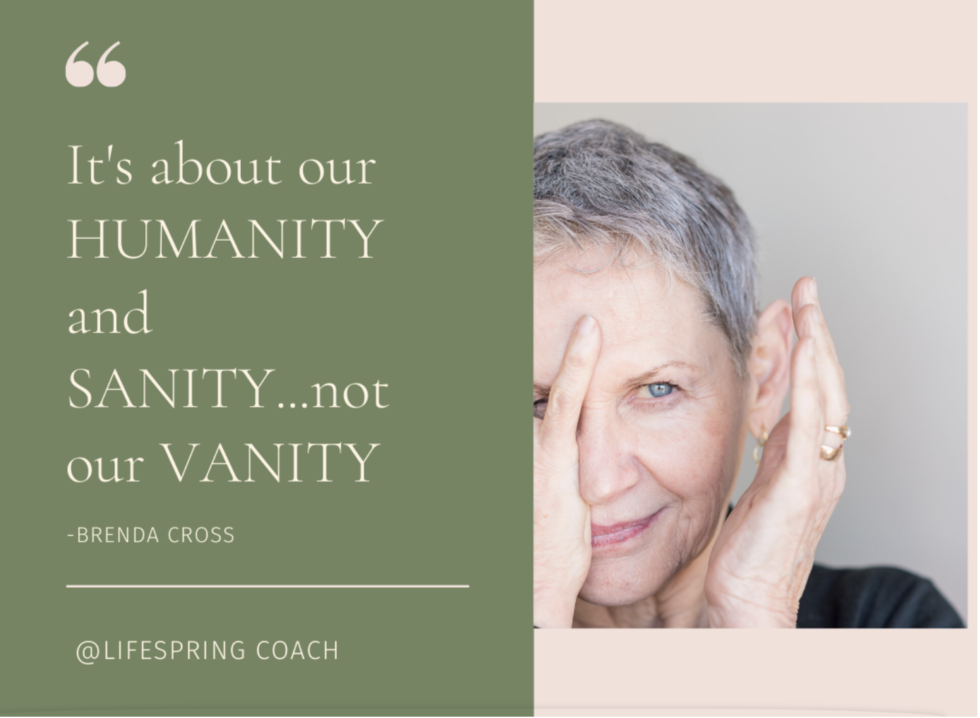
Why you’ll want to turn on your video camera in your next meeting.
Are you going a bit stir crazy from social deprivation, stuck in solitary confinement AKA “social distancing”?
That social distancing, better termed as physical distancing, leaves many of us feeling isolated and adrift. Solitary confinement is likened to a form of torture and leaves us languishing in loneliness.
We know at the core, each of us is yearning to be “seen, heard and understood”. Being seen is a bit more challenging in this new era as many of us are no longer going to offices and businesses, but are staying home.
While millions of newly remote workers pile onto Zoom, Google Hangouts and other meeting platforms for the first time, many are turning the camera off. Instead, we take refuge behind a profile picture, a likely more put together version of ourselves, safely hiding our PJ wearing and scruffy selves.
Not to mention, we may not have a “presentable” backdrop as we sit on the bed or in the kitchen for our team or client meeting. After all, most of us aren’t “influencers” who have a home studio equipped with microphones, lights and staging. I know my NYC apartment doesn’t have any unused space to create a suitable studio.
Add to it all, we could be interrupted at any moment by one of our new “spring interns” (children) or other “co-workers” (significant others and roommates). I understand all these factors can drive us to avoid the camera and “phone it in”.
Even before our new virtual reality, as a corporate trainer and coach, I noticed people’s reluctance to turn on their camera and participate via video especially in our highly curated selfie culture. I even found myself wanting to keep my video off on a team call earlier this week as I was approaching “before makeover” candidate status. However, there is a real cost to us opting out of the face-to- face interaction – even if it’s only virtual.
We are social creatures and there is significant impact to our well-being and brains from social isolation. We are shaped by our environments and other people. When we see another person (even on video), our brains are stimulated and the mirror neurons are activated along with many other benefits. That neuron activity gives us a brain boost, helps us feel a more distinct connection and creates a shared circuit, which neuroscientists refer to as “brain-to-brain coupling”.
The mirror neurons and coupling contribute to empathy – to understand another person’s experience and feelings – which covers the “understood” part of the “seen, heard and understood” human desire.
And wouldn’t a bit more understanding and empathy benefit us as we navigate these uncharted waters?
So turn on your video. Show your face (for your benefit and others). It’s not about what we look like…it’s about our humanity…and sanity.
I look forward to seeing you!
Originally published on LinkedIn here: https://www.linkedin.com/pulse/why-youll-want-turn-your-video-camera-next-meeting-brenda-cross/

